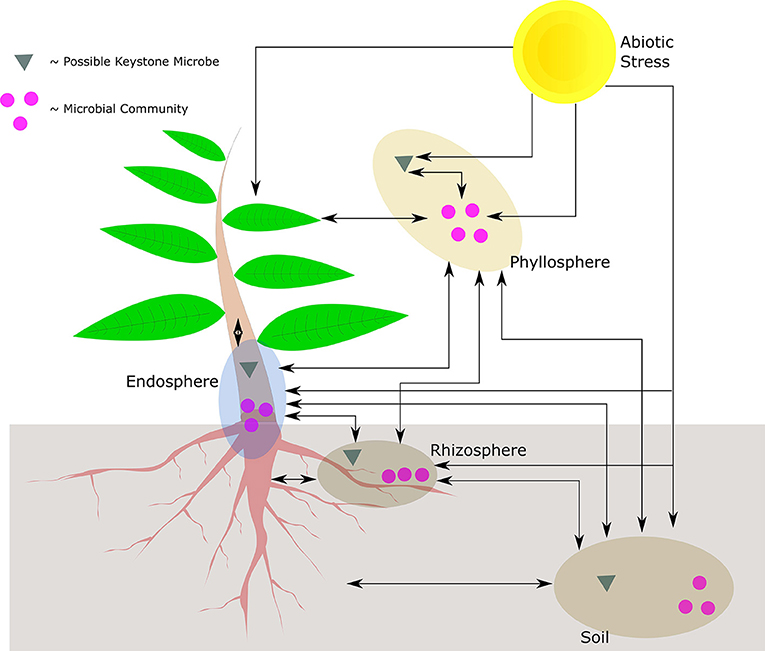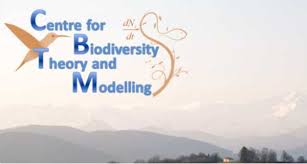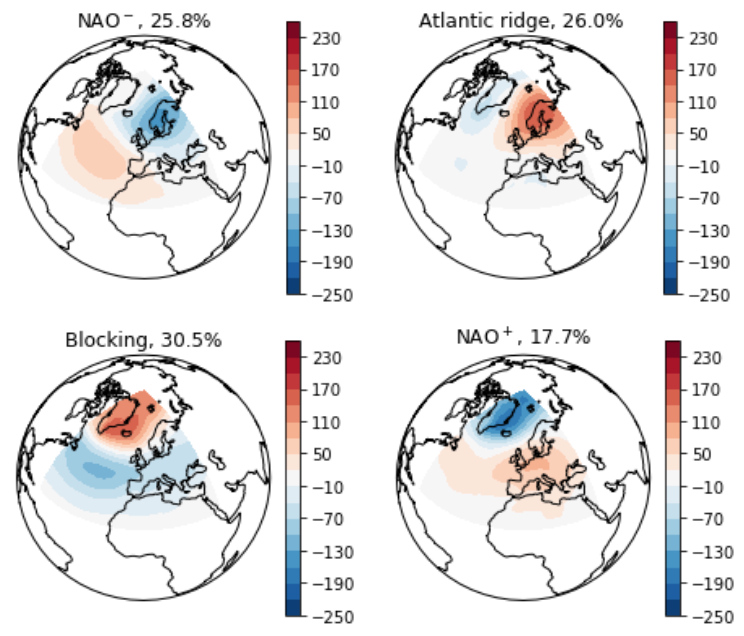Jérôme Cavaillès
I am a mathematician by training currently doing a postdoc in biology/ecology. I develop mathematical models to understand how ecosystems are structured to cope with environmental changes. My ultimate goal is to contribute to a transdisciplinary theory that elucidates the behavior of organisms in changing environments. My main inquiry is: What strategies do organisms employ to thrive in dynamic environments? My approach involves modeling specific puzzles within relevant fields like ecology, ideally with practical applications for everyday life. Step by step, I aim to assimilate different concepts, such as disturbances or self-regulations, into a more general formal framework.
Keywords: mathematical modeling, theoretical ecology, complex system, game theory, resilience

What I do
Research
I study ecology...
Ecology, as a scientific discipline, explores the interactions among living beings within their environments. My particular interest lies in understanding how individuals organize themselves in response to environmental changes. This involves exploring the dynamic relationships between organisms and their surroundings, with a focus on adaptation strategies and the resilience of ecological systems in the face of changing environmental conditions.


... using mathematical models.
A mathematical model serves as an abstract representation of a tangible system, employing mathematical concepts and language. It aids in explaining the system, examining the impacts of various components, and making predictions about its behavior.
I utilize various forms of models, including game theory and dynamical systems. Additionally, I have a keen interest in exploring other types of models such as information theory, network theory, decision theory, control theory, and category theory.
I utilize various forms of models, including game theory and dynamical systems. Additionally, I have a keen interest in exploring other types of models such as information theory, network theory, decision theory, control theory, and category theory.
Scientific articles that I have co-authored
Prepublications
Jerome Cavailles, Christoph Kuzmics, and Martin Grube. "Heterogeneous responsiveness to environmental stimuli." bioRxiv (2023): 2023-01.
Jerome Cavailles, Christoph Kuzmics, and Martin Grube. "Bleaching as a result of coral optimization in a changing environment." bioRxiv (2024): 2024-04.
Abstract: Individuals of a species cope with environmental variability through behavioral adjustments driven by individuals’ responsiveness to environmental stimuli. Three key empirical observations have been made for many animal species: The coexistence of different degrees of responsiveness within one species; the consistency of an individual’s degree of responsiveness across time; and the correlation of an individual’s degree of responsiveness across contexts. Taking up key elements of existing approaches, we provide one unifying explanation for all three observations, by identifying a unique evolutionarily stable strategy of an appropriately defined game within a stochastic environment that has all three features. Coexistence is explained by a form of negative frequency dependence. Consistency and correlation is explained through potentially small, individual, differences of states animals have and the resulting differential advantages they can get from it. Our results allow us to identify a variety of testable implications.
Jerome Cavailles, Christoph Kuzmics, and Martin Grube. "Bleaching as a result of coral optimization in a changing environment." bioRxiv (2024): 2024-04.
Abstract: Corals provide important ecosystem services as protective coastal structures and as habitats for coastal biodiversity. Corals depend on their symbiotic relationship with algae, a relationship under threat from rising temperatures. To better understand the nature and resilience of this relationship, we provide a model in which two algae (one efficient, the other resilient) compete over the nitrogen that the coral “chooses” to provide in a changing environment. This model is consistent with a wide range of empirical observations about observed bleaching episodes (when algal populations drop dramatically) and the observed algal composition over time, depending on environmental conditions.
My previous professional experiences
Internships
CNRS (2019)
Destabilizing effects of controlling the behavior of ecosystems
I investigated the implications of human intervention in stabilizing ecosystem dynamics, exploring the possibility that certain interventions, particularly the reduction of common stability measures like temporal variability, may inadvertently increase the risk of extreme events, such as ecosystem collapse.


WeatherForce (2018)
Statistics for weather forecast
The aim of this internship was to study the classification in time regimes and its implications for business applications. This involved developing tools specifically designed for daily classification and assessing their impact on user variables.
Training
INSA Toulouse
Engineer school
Throughout my training, I primarily developed my skills in modeling, simulation, and optimization. On the right, you can observe a simulation conducted in fluid mechanics, displaying the pressure above an airplane wing.
